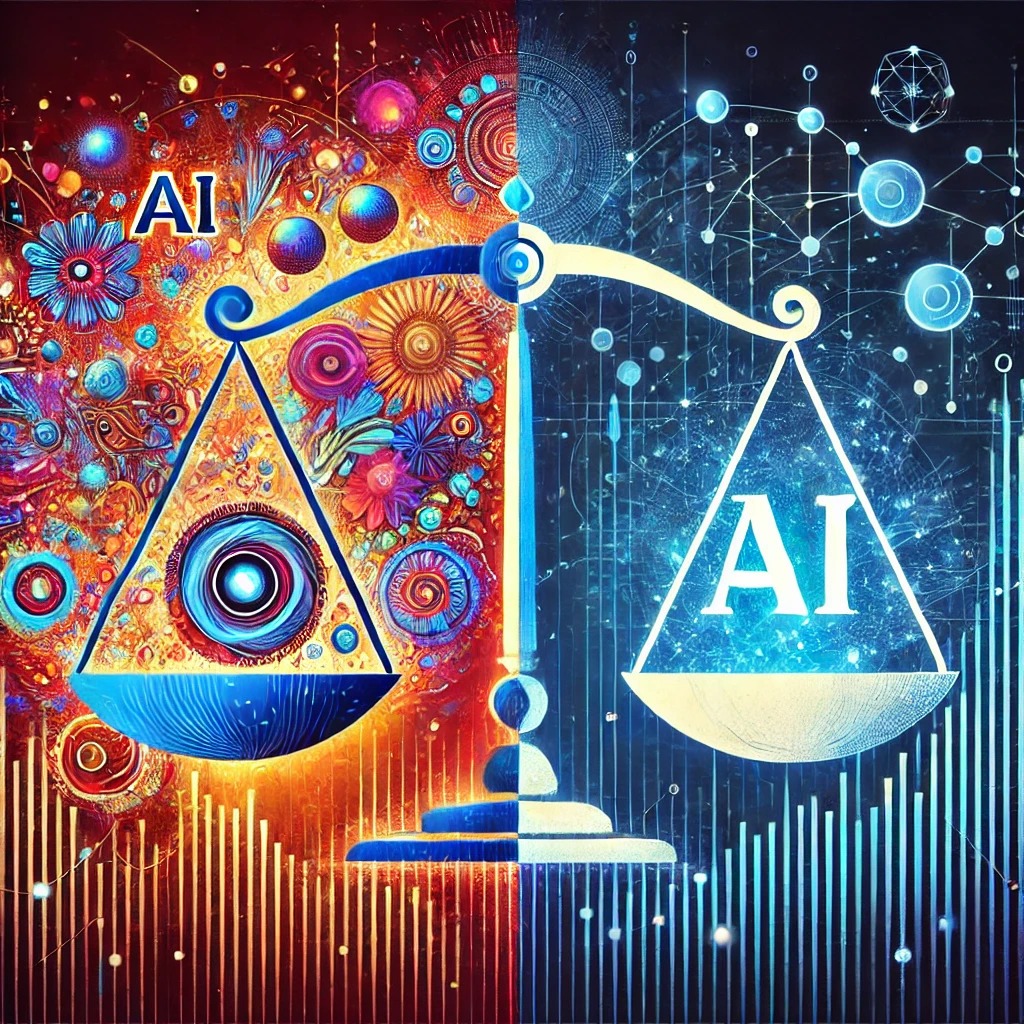
Artificial Intelligence (AI) has transformed the entertainment industry. From special effects in movies to interactive experiences in theme parks, AI is revolutionizing how content is created and consumed. However, as AI becomes more prevalent, it raises ethical concerns that the industry must address. This blog explores why AI ethics are crucial in the entertainment sector and what steps companies can take to ensure responsible use of this powerful technology.
The Role of AI in Entertainment
AI is everywhere in entertainment. It’s used to create realistic digital characters, generate lifelike animations, and even predict audience reactions. For example, AI was pivotal in producing the realistic CGI characters in films like The Avengers: Endgame. In live events, robotics and AI-driven special effects enhance the audience experience, providing seamless, dynamic performances that were previously impossible. This powerful technology allows creators to push the boundaries of what’s possible, but it also presents significant ethical challenges.
Ethical Challenges in AI-Driven Content Creation
The use of AI in content creation comes with ethical dilemmas. For instance, the ability to create hyper-realistic characters using deepfakes can be misused. In 2020, the deepfake video of Tom Cruise caused public concern about how easily AI could replicate human likenesses without consent. Misrepresentation and unauthorized likeness use are just a few of the risks posed by AI technology in entertainment.
Furthermore, AI algorithms that analyze audience data to shape content can inadvertently introduce bias. If the training data is skewed, the resulting AI models may reinforce stereotypes or exclude certain groups. A famous example is when an AI tool for casting decisions was found to favor certain demographics, leading to accusations of discrimination.
Protecting Privacy in a Data-Driven Industry
AI in entertainment often relies on large datasets, including personal information. For instance, streaming platforms like Netflix use AI to personalize recommendations based on user behavior. While this enhances the user experience, it raises privacy concerns. If not managed ethically, AI can exploit personal data, leading to unauthorized use or even data breaches. Ensuring data privacy and compliance with regulations like the GDPR is essential for maintaining audience trust.

Avoiding the Pitfalls of Automation
Automation in the entertainment industry can be both a boon and a bane. Automated processes, such as scriptwriting tools or AI-generated music, speed up production and reduce costs. But relying solely on automation may diminish creativity. In the gaming industry, for example, some AI-generated characters lack the depth and unpredictability of human-designed ones, leading to a less engaging experience for players. Striking the right balance between human creativity and AI efficiency is vital.
Addressing Bias in AI-Generated Content
One major ethical concern is bias in AI-generated content. Algorithms learn from the data they are fed. If that data contains inherent biases, AI tools can perpetuate those biases in the content they create. This has been evident in virtual assistants like Siri or Alexa, which initially displayed gender and cultural biases due to their training datasets. The entertainment industry must strive to create diverse, inclusive datasets that reflect a variety of perspectives and experiences.
How Entertainment Companies Can Prioritize AI Ethics
1. Implement Ethical Guidelines
Establish clear guidelines on the use of AI. These should outline what is acceptable and what crosses ethical boundaries. For example, Disney has developed internal policies to ensure AI technology aligns with its values.
2. Transparency is Key
Be transparent about how AI is used. Audiences should know if a digital character is AI-generated or if their data is being analyzed by algorithms.
3. Regular Audits and Updates
Conduct regular audits of AI systems to identify potential biases or ethical issues. This helps in making continuous improvements and ensures that AI remains aligned with ethical standards.
4. Emphasize Human Oversight
Ensure that human oversight is present in every stage of AI implementation. AI should assist rather than replace creative professionals in the industry.
5. Collaborate with Experts
Partner with AI ethics experts to assess the impact of AI technologies and refine guidelines as needed. This collaboration helps in addressing complex ethical concerns that may not be apparent to non-experts.
The Future of AI Ethics in Entertainment
As AI continues to evolve, so will the ethical considerations. Entertainment companies must stay ahead by being proactive in addressing potential issues before they arise. The entertainment industry has the unique power to shape culture and influence public opinion, making it even more critical to prioritize ethical considerations in AI use.
By implementing strong AI ethics, companies can innovate responsibly, protect their audiences, and create inclusive content that respects the diversity of its viewers.
For more information on how AI and robotics can elevate live events, visit TLC Creative. Reach out to us for inquiries on live event technology, robotics, AI technology, or special effects.


